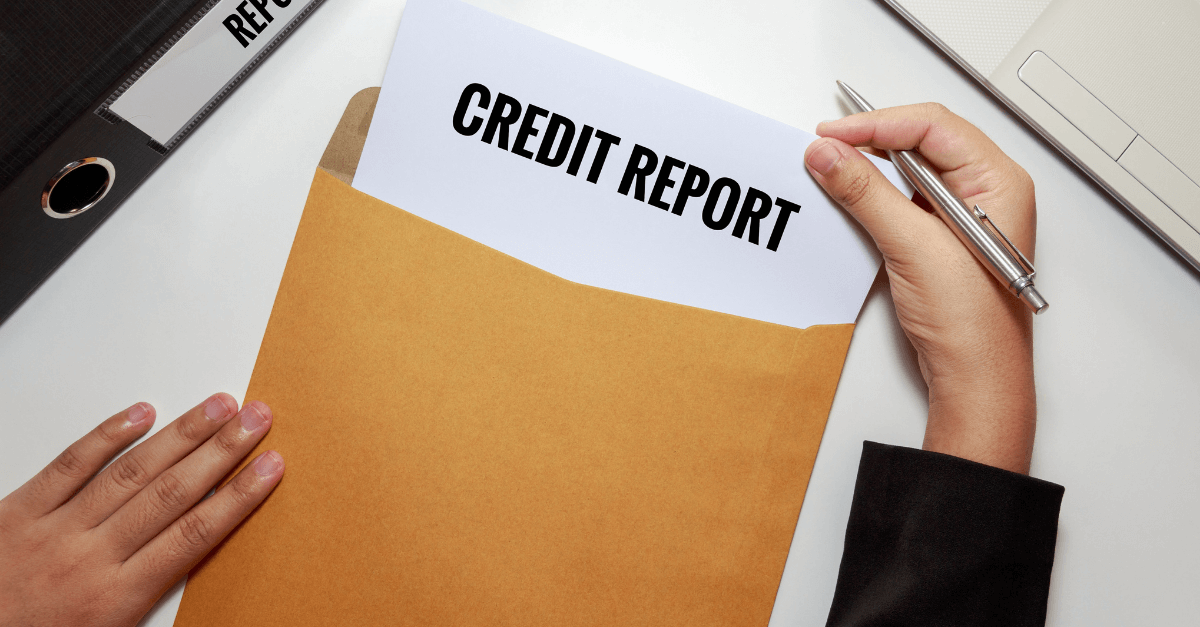If you don’t know much about credit, you may be wondering, “What is a credit report?” A credit report is a record prepared by a credit bureau that details the way you’ve handled borrowed money. It provides information about you that can be used by potential future lenders to decide if they want to loan you money. It shows how much debt you have, whether you pay your bills on time and how long you’ve been managing borrowed money.
If you’ve had any major problems managing your money, this will appear on your credit report. Potential lenders can tell immediately if you’ve ever gone longer than 30 days late before paying a bill. They can also tell whether an account has ever gone into collection or if you’ve declared bankruptcy.
Main Credit Bureaus
Most potential lenders rely on the information provided by the three main credit bureaus, also known as credit reporting agencies. The three main credit bureaus are TransUnion, Equifax, and Experian. These companies collect information about your creditworthiness. These reports are usually similar but aren’t identical. Some of your creditors may choose to report to only one of the credit bureaus rather than reporting to all three.
There are smaller credit reporting agencies, but almost all potential lenders rely on the information compiled by the three main agencies.
What’s on a Credit Report?
Your credit report includes personal identifying information such as your name, address, birth date, phone numbers, and social security number. It includes a list of your credit accounts, which can be open or closed, as well as what type of credit it is, such as a credit card, mortgage, or personal loan.
Public record items are included, such as bankruptcies, foreclosures, judgments, or liens. It also shows how many inquiries there have been from people considering extending credit to you.
All this information is compiled and used to determine your credit score. This score is used by potential creditors to decide whether they believe you’d pay back money to them if they extended credit to you.
Making Sure Your Credit Report is Accurate
The information on your credit report may be used not only by potential creditors but also by potential landlords, employers, or insurance providers. Since this information can be used in so many different ways, it’s important to make sure there isn’t any incorrect information on your credit reports. Surprisingly, as many as two out of every three people have found an error on their credit report.
Consumers are entitled to a free credit report annually. If you find an error on your credit report, it’s important that you dispute it immediately. Errors may include clerical errors by your creditors such as reporting an incorrect balance, reporting an account as open that’s paid off, or reporting the same account twice. You can dispute an error directly with the credit bureau or get the help of a credit restoration agency.
Dovly’s automated credit engine can make the process of finding and disputing errors easy. Get in touch with us today to find out how Dovly can help you fix any inaccuracies you find on your credit report. Try it risk-free with our free membership tier.



